Introduction
In a recent Euro 2024 match that saw Turkey triumph over Austria with a 2-1 victory, Turkish defender Merih Demiral found himself at the center of a growing controversy. Following his goal celebration, which included a gesture known as the 'wolf salute,' UEFA has initiated an investigation. This gesture, heavily associated with the ultra-nationalist 'Grey Wolves' faction in Turkey, has stirred significant criticism and reignited discussions about politics intersecting with sports.
The Incident
The pivotal moment came during the round of 16 when 26-year-old Demiral celebrated his goal by raising both hands to form a wolf's head shape with his fingers. This gesture did not go unnoticed. It is closely linked to the 'Grey Wolves,' an ultra-nationalist youth faction tied to Turkey's Nationalist Party (MHP), which has known affiliations with President Tayyip Erdogan's ruling AK Party.
Germany’s Interior Minister Nancy Faeser was among the prominent voices condemning the act. She labeled the gesture as racially offensive and a symbol linked to Turkish right-wing extremism. The 'Grey Wolves' have a notorious reputation for their involvement in political violence and activities that have historically caused unrest, including a significant coup in 1980 that led to the deaths of approximately 5,000 individuals.
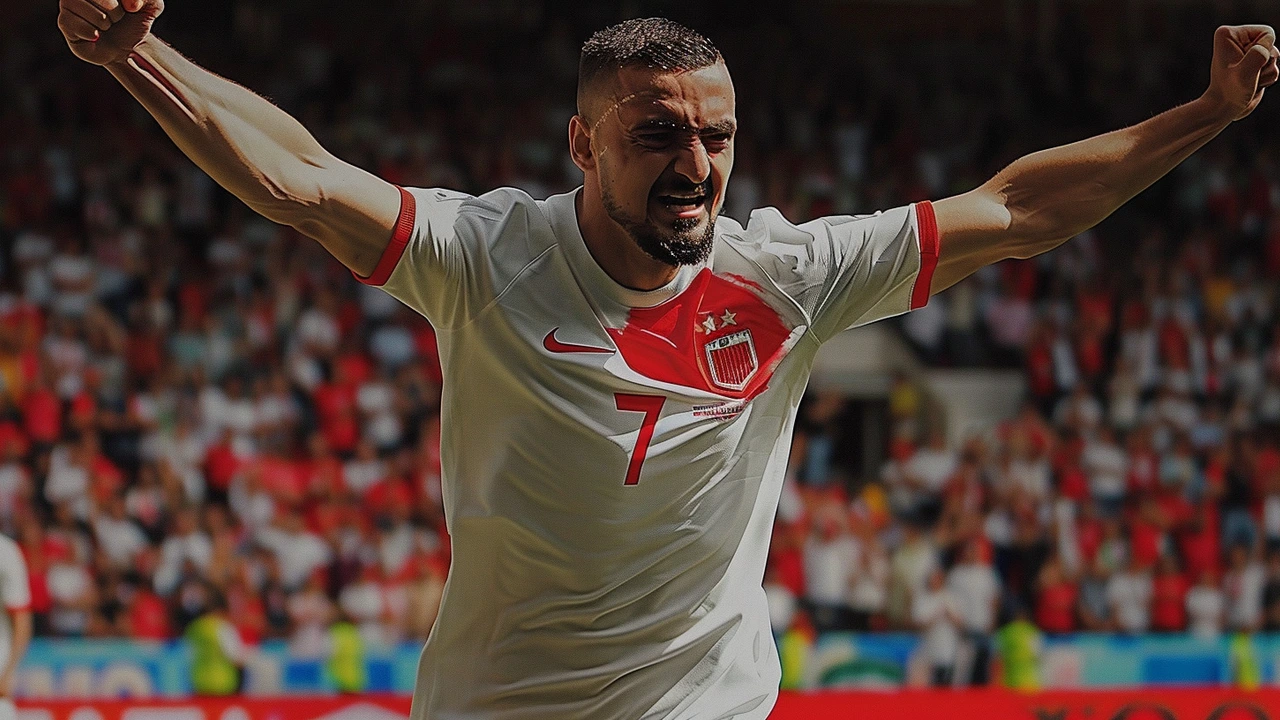
UEFA's Response and Ongoing Efforts
UEFA, as the governing body of European football, has been steadfast in its commitment to curb misconduct during the tournament. This incident with Demiral's celebration is not isolated. It follows recent actions taken by UEFA, such as the suspension of Albania’s Mirlind Daku for leading offensive chants and an ongoing investigation into England's Jude Bellingham for another controversial gesture.
In an official statement, UEFA emphasized its zero-tolerance policy towards any form of racism, xenophobia, or political gestures that could incite violence or hatred. They assured that any breach of conduct, regardless of the team or player involved, would be thoroughly investigated and addressed appropriately.
Public Outcry and Political Repercussions
The incident has also drawn criticism from the German Israeli Society, among other groups, who have stated that such symbols have no place in sports and public events. The gesture by Demiral is seen by many as a provocative act that undermines the spirit of unity and sportsmanship that football seeks to promote.
Despite the uproar, there has been no immediate response from either the Turkish government or the football association, which has further fueled the debate. Demiral, for his part, defended his actions, claiming the celebration was a reflection of his Turkish identity and pride. This statement, however, did little to quell the growing discontent and criticism.
Context Behind the Gesture
The 'wolf salute' is not just a random gesture but one with deep-rooted political undertones. The 'Grey Wolves' faction has long been associated with nationalist and far-right ideologies. Their involvement in various political movements and incidents, including the 1980 coup, has left a mark on Turkish history. The group’s association with nationalist sentiments and their extremist actions have made their symbols, like the 'wolf salute,' highly controversial.
Merih Demiral’s choice to use this gesture on an international stage has brought these deep-seated issues to the forefront, sparking a conversation about the role of athletes in political expression, and the extent to which such expressions should be allowed in sports.
The Debate on Politics in Sports
Sports, especially football, have often been seen as a unifying force, bringing people together regardless of their background, beliefs, or politics. However, the intersection of sports and politics is inevitable. Over the years, we have seen multiple instances where athletes have used their platforms to make political statements or highlight social issues.
While some argue that sports should remain apolitical and focused solely on the game, others believe that athletes, by virtue of their influence, have a responsibility to use their platforms to speak on important issues. This duality often leads to contentious debates, and incidents like Demiral's 'wolf salute' only amplify these discussions.
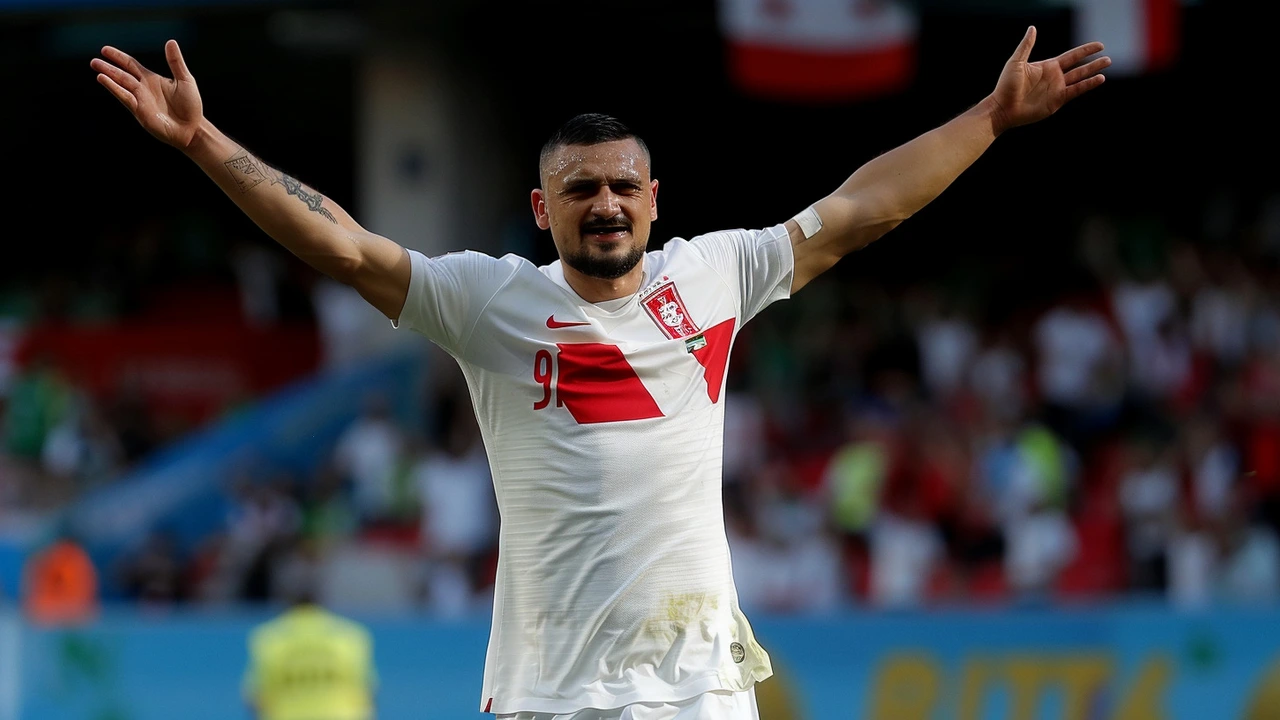
Conclusion
The investigation into Merih Demiral’s goal celebration is still unfolding, with UEFA taking a firm stand on their policies against extremist symbols and gestures. This incident serves as a reminder of the complex relationship between sports and politics and the responsibilities that athletes carry as public figures.
As the story develops, it will be crucial to observe not just the outcome of UEFA’s probe, but also the broader implications it may have on the policies governing player conduct and the measures in place to maintain the integrity of the sport. The football community awaits with bated breath, hoping for a resolution that upholds the values of respect, unity, and the true spirit of the game.

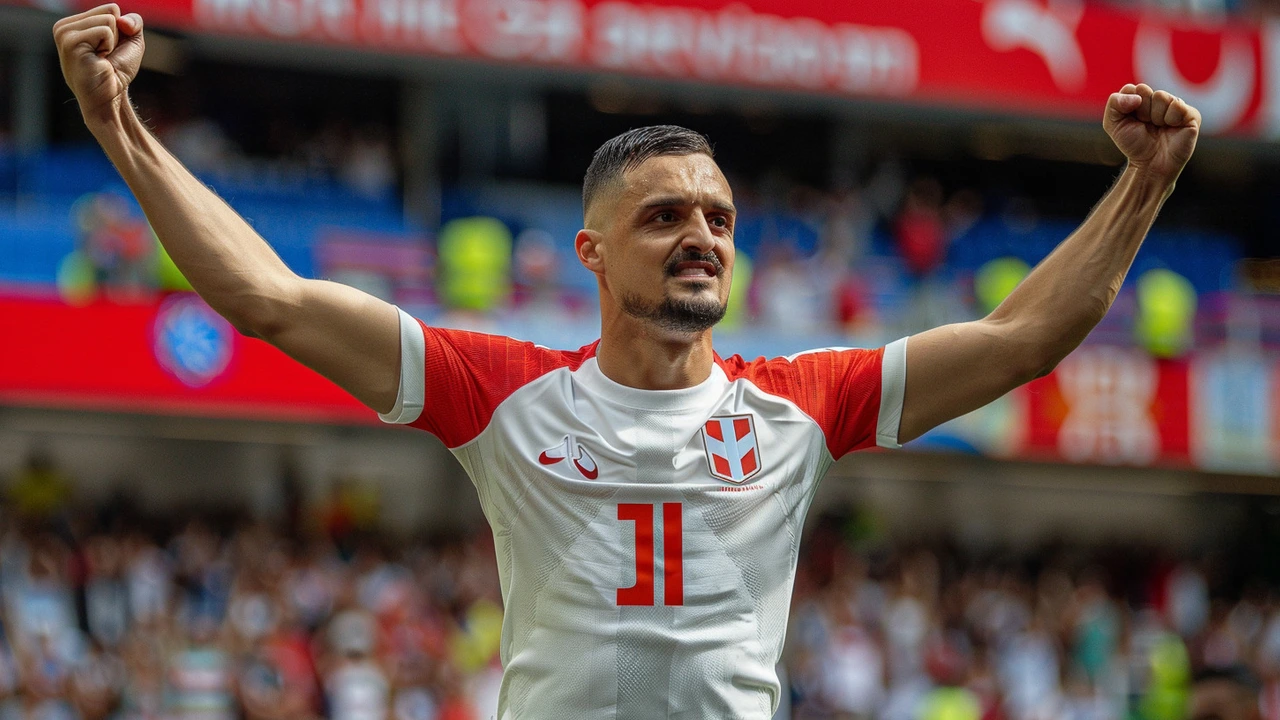
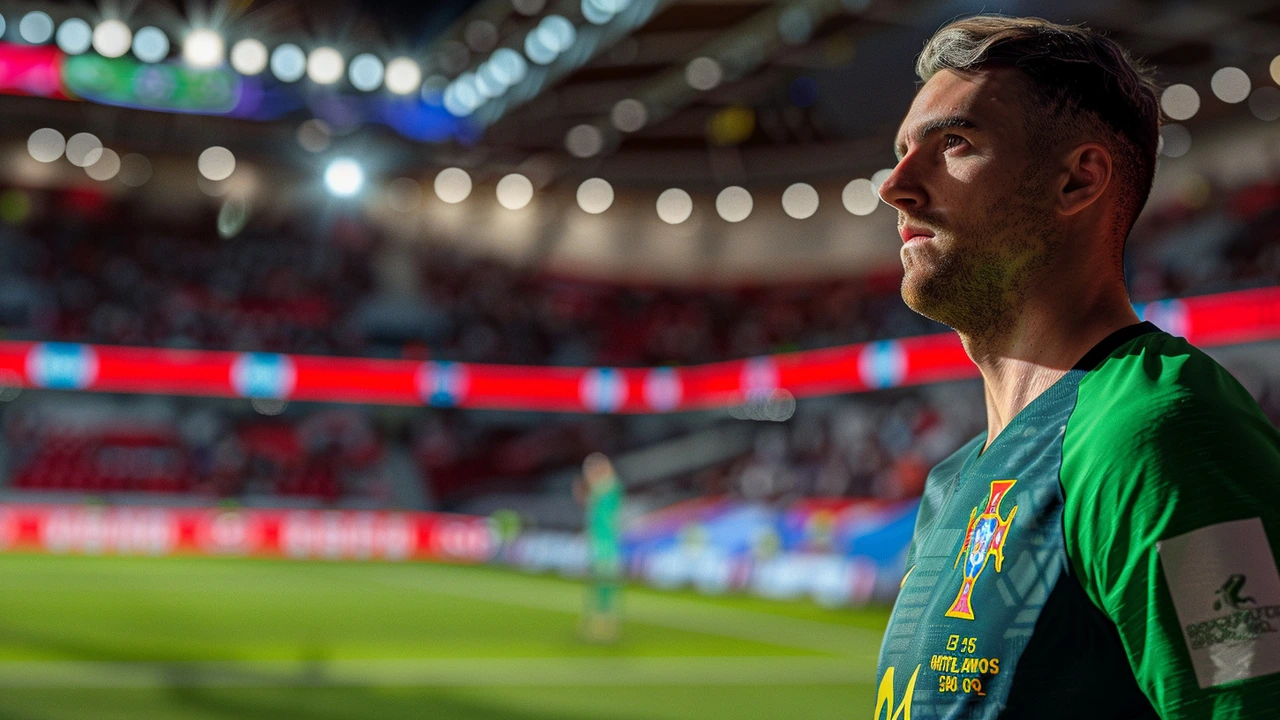
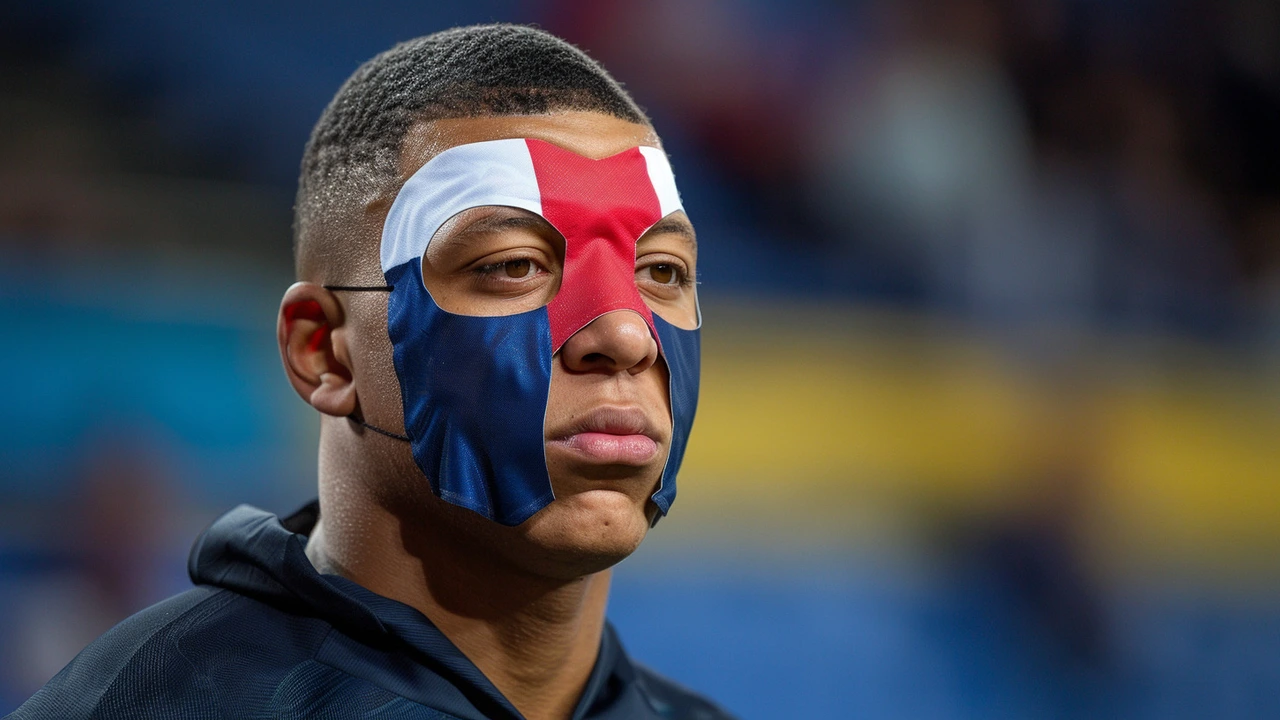
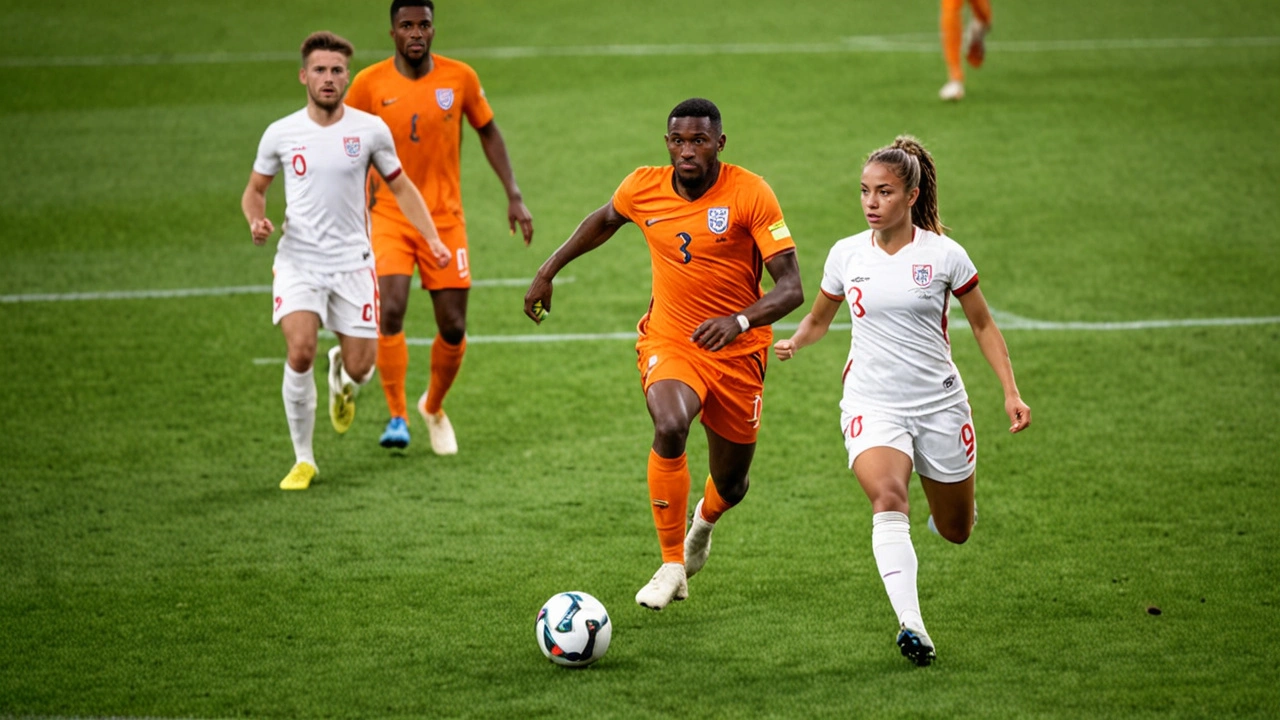
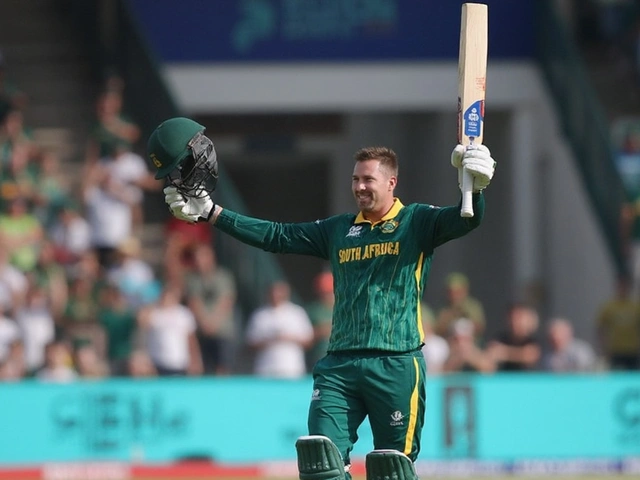
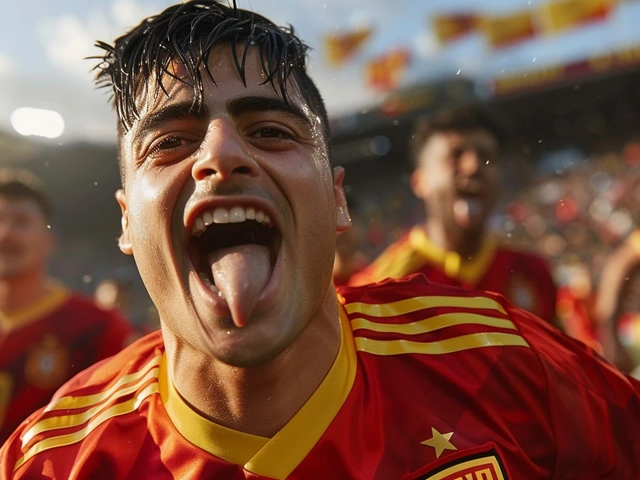
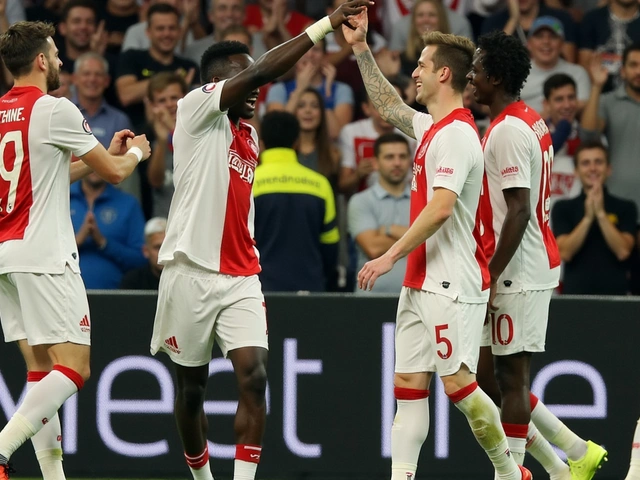
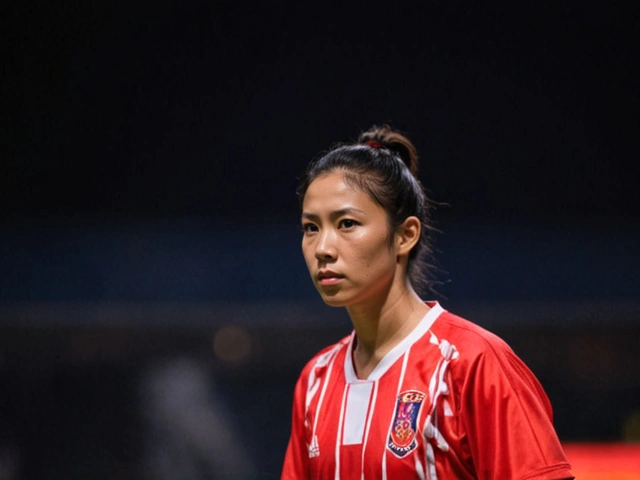
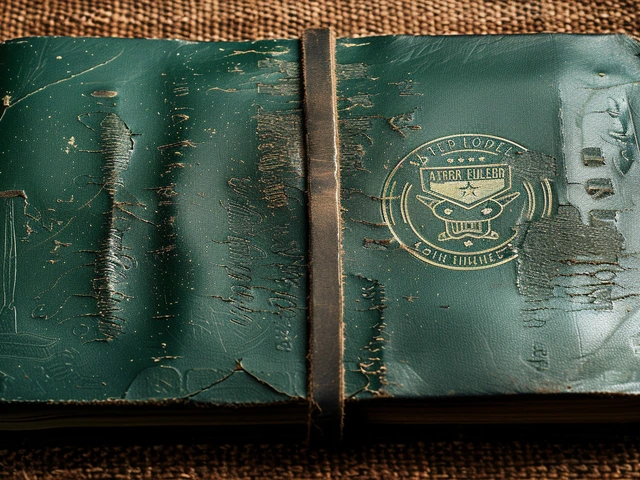
Naveen Kumar Lokanatha
July 3, 2024 AT 21:21 PMThe wolf salute connects football to a historic political movement in Turkey. Its use on the pitch brings the conversation from sport to national identity. UEFA’s intervention reflects a growing need to separate political symbols from the game. While some fans see it as cultural pride, governing bodies must enforce neutral fields. The incident highlights how gestures can ignite broader societal debates
Alastair Moreton
July 9, 2024 AT 01:43 AMLooks like a lazy excuse to blame a player for personal beliefs.
Surya Shrestha
July 14, 2024 AT 06:05 AMOne must consider the semiotic weight of the gesture, not merely its visual appearance. The “wolf” sign, rooted in 20th‑century ultranationalism, carries connotations that transcend a simple celebration. Its deployment by a high‑profile athlete during a continental tournament inevitably politicises the arena. Moreover, UEFA’s regulatory framework, established to safeguard inclusivity, obliges scrutiny of any symbol that may incite division. Critics who dismiss the gesture as harmless cultural expression overlook the historical episodes of violence associated with the Grey Wolves. In this context, the player’s intent is secondary to the symbol’s public perception. Thus, a measured disciplinary process is both justified and necessary.
Rahul kumar
July 19, 2024 AT 10:27 AMTotally agree with the need for clear rules, but Demiral might just be showing pride for his heritage. It’s easy to label symbols without checking the personal side. Still, the governing bodies have to keep the focus on sport not politics
mary oconnell
July 24, 2024 AT 14:49 PMFrom a sociopolitical standpoint, the deployment of a historically charged emblem in a Euro 2024 match serves as a case study in symbolic capital appropriation. The player’s gesture functions as a semiotic lever, mobilising nationalist narratives within a global broadcast. While pundits may reduce the incident to “just a celebration,” the underlying discourse is rife with ideological contestation. In short, the spectacle underscores how sport can become a theatre for identity politics, whether we like it or not.
Michael Laffitte
July 29, 2024 AT 19:10 PMWow, the drama around a simple hand sign is insane! Fans are losing it while the real game gets ignored.
sahil jain
August 3, 2024 AT 23:32 PMLet’s keep the conversation focused on the game’s brilliance – that winning goal was spectacular! The celebration was a personal expression, and fans should celebrate skill first 🙂
Bruce Moncrieff
August 9, 2024 AT 03:54 AMEnergy on the field was off the charts and the crowd felt it. Players pour their soul into each moment and it shows.
Dee Boyd
August 14, 2024 AT 08:16 AMUsing extremist symbols in sport is unacceptable.
Carol Wild
August 19, 2024 AT 12:38 PMIt is my firm belief that the mainstream media’s selective outrage serves a hidden agenda, designed to distract the masses from deeper systemic issues. When a player displays a hand sign tied to a fringe organization, the narrative is quickly seized upon to vilify an entire nation, effectively reinforcing xenophobic stereotypes. This is not a mere coincidence, but a calculated move within a larger information warfare landscape. The timing of the UEFA investigation, coinciding with political tensions in the region, raises eyebrows for those attuned to the subtle cues of power dynamics. Moreover, the focus on a single gesture conveniently sidesteps the long‑standing human rights concerns that are routinely ignored in international forums. By amplifying this incident, certain interest groups gain leverage to push legislation that curtails free expression under the guise of public safety. The grey‑wolf emblem, though historically linked to extremist acts, is also employed as a cultural badge by many innocent citizens, a nuance lost in sensational headlines. In the age of digital echo chambers, the story is repackaged to fit pre‑existing narratives, leaving little room for balanced discourse. The condemnation by political figures often mirrors their own strategic objectives, masking ulterior motives behind moral posturing. While fans debate the propriety of such gestures, policymakers quietly draft policies that could extend surveillance and control over sporting events. The interplay between sport, politics, and media manipulation is a delicate ballet, choreographed by unseen hands. It is crucial for the informed observer to dissect these layers rather than accept the surface‑level condemnation. Only then can we hope to uncover the real motivations behind the swift punitive response. Ultimately, vigilance against both overt extremism and covert agenda‑setting is essential for preserving the integrity of sport.
Rahul Sharma
August 24, 2024 AT 16:59 PMIt is imperative, therefore, that we examine the legal frameworks governing political symbolism in sport; such statutes provide clear parameters, and any deviation must be adjudicated with precision; the responsibility lies with both the athlete and the governing bodies to uphold these standards.
Emily Kadanec
August 29, 2024 AT 21:21 PMi guess u all missed the point that not every gesture is a crime, but u can’t ignore the history either.